Books about bipolar disorder
Last updated: November 2, 2025
This book list can teach you about different dimensions of mental health, healing, and emotional resilience. Including both memoirs and evidence-based guides, this list offers both personal perspective and practical tools for managing mood disorders. So, it's high time to understand your mental health and break free from destructive patterns.

An Unquiet Mind
What is An Unquiet Mind about?
Kay Redfield Jamison shares her unique perspective as both a bipolar disorder researcher and someone with a bipolar disorder. She openly tells her personal story, helping the readers to understand the nature of this disorder. If you struggle with this or know someone who needs help, this book is a must-read.

Feeling Good
What is Feeling Good about?
If you are struggling with depression, “Feeling Good” by David D. Burns is a must-read. This book teaches that you can overcome the symptoms of depression without drugs and offers a guide on antidepressant medications. You’ll learn to recognize your triggers for mood swings, overcome love addiction, and develop good self-esteem.

The Bipolar Disorder Survival Guide
What is The Bipolar Disorder Survival Guide about?
In "The Bipolar Disorder Survival Guide," trusted expert Dr. David J. Miklowitz offers science-based information on bipolar disorder and early warning signs. You will get updated information on medications and practical tools for complementary and alternative treatments. Besides, reading this book will help you cope with mood episodes and take charge of your illness.
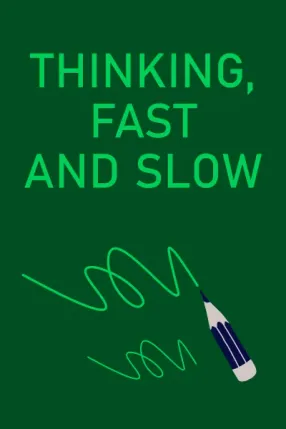
Thinking, Fast and Slow
What is Thinking, Fast and Slow about?
In “Thinking, Fast and Slow”, Daniel Kahneman invites us on a journey through the complex landscape of our minds, revealing how two distinct systems govern our thought processes. Using psychological insights and engaging examples, Kahneman unveils the hidden impacts of cognitive biases and heuristics on our perceptions, decisions, and beliefs.
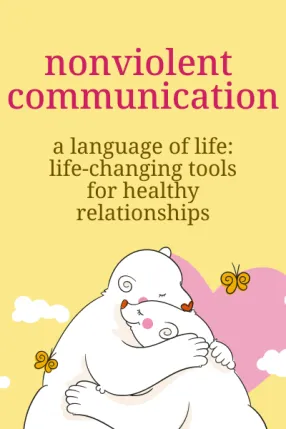
Nonviolent Communication
What is Nonviolent Communication about?
“Nonviolent Communication” emphasizes the vital role communication plays in shaping our society. Marshall B. Rosenberg introduces us to a method known as "nonviolent communication" in his book. The primary objective of this approach is to teach us how to establish effective communication with both ourselves and those around us.

The Mindful Way through Depression
What is The Mindful Way through Depression about?
When it comes to depression, it’s vital to pay attention to your mind, body, and emotions. In this book, the authors show the importance of mindfulness in approaching depressive states. You’ll find recommendations on mindfulness practices, such as meditation and noticing thought patterns, which can help you or someone you know overcome depression.

Bipolar, Not So Much
What is Bipolar, Not So Much about?
Did you know that bipolar disorder comes on a spectrum? "Bipolar, Not So Much" helps readers find their unique position on the spectrum and better understand their needs. Additionally to medication, the book suggest several lifestyle changes that might benefit people with this disorder.
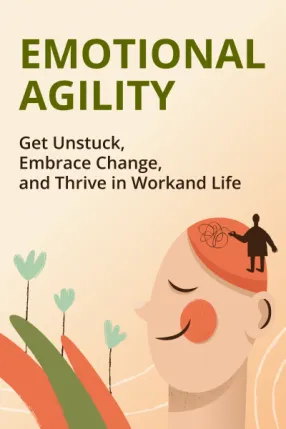
Emotional Agility
What is Emotional Agility about?
If you've ever felt trapped by your feelings, you're not alone—many people suffer from emotional abuse, just like you. However, there is no reason to think that all is lost. In her book “Emotional Agility”, Susan David explains why this condition occurs and how to deal with it.

The Brain That Changes Itself
What is The Brain That Changes Itself about?
“The Brain That Changes Itself” is an accessible primer to our brain that explores how it works and modifies. This book helps to understand how we can stimulate changes in our brain and what makes this part of our body so unique.
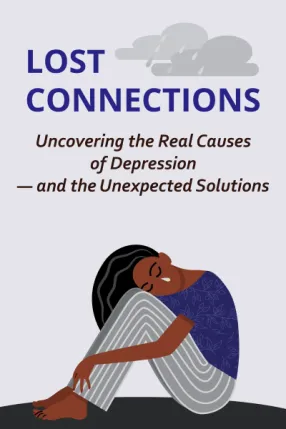
Lost Connections
What is Lost Connections about?
“Lost Connections: Uncovering the Real Causes of Depression—and the Unexpected Solutions” by Johann Hari explores the basis, causes, and consequences of depression. You will see that people are not the only ones who can face depression problems. You will also understand the types of depression and learn how to get rid of anxiety using examples.
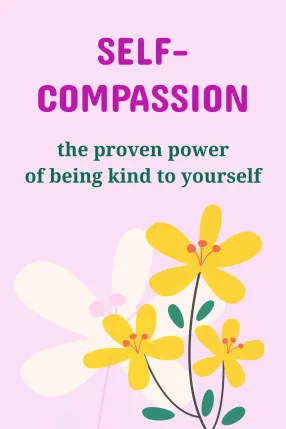
Self-Compassion
What is Self-Compassion about?
If constant feelings of guilt and inadequacy are no news for you, check out “Self-Compassion” by Dr. Kristin Neff, where she discovers the transformative power of self-compassion. In her book, Neff uncovers how embracing self-compassion can lead to deeper connections, resilience, and emotional well-being in every aspect of life and offers easy ways to achieve it.
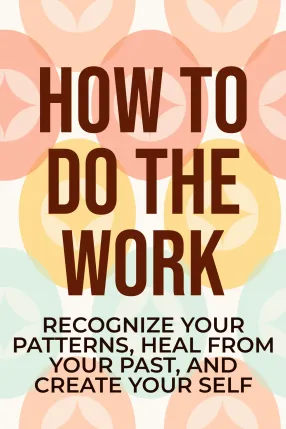
How to Do the Work
What is How to Do the Work about?
“How to Do the Work” is a transformative guide by renowned therapist Dr. Nicole LePera, The Holistic Psychologist. Drawing from her extensive expertise, Dr. LePera provides readers with actionable steps to recognize and break free from ingrained patterns, heal past wounds, and ultimately foster personal growth. This book offers a fresh approach to self-improvement, blending psychology, spirituality, and mindfulness.
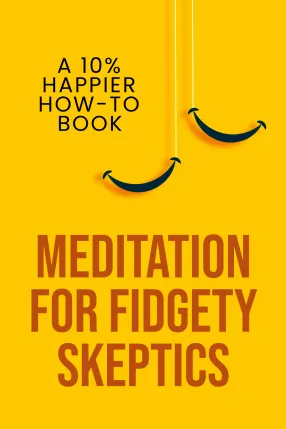
Meditation for Fidgety Skeptics
What is Meditation for Fidgety Skeptics about?
In the fast-paced and demanding modern life, many people find their inner peace in mindfulness. In “Meditation for Fidgety Skeptics: A 10% Happier How-to Book”, Dan Harris, Jeffrey Warren, and Carlye Adler describe meditation with useful practical guidance, wit, and wisdom. The book challenges our preconceptions and discovers a pathway to inner calm amidst the hecticness of today’s world.

The Upward Spiral
What is The Upward Spiral about?
Did you know that depression is often unnoticeable in the beginning, as it manifests itself in slight changes in your mood, behavior, and lifestyle? In his book “The Upward Spiral,” neuroscientist Alex Korb offers a set of small steps that can prevent and cure depression. You’ll learn to build meaningful and pleasant connections, practice muscle relaxation to tackle anxiety, and much more.
FAQ


Find out how to learn quickly and efficiently with our app!
Incorporate the habit of reading into your daily life.